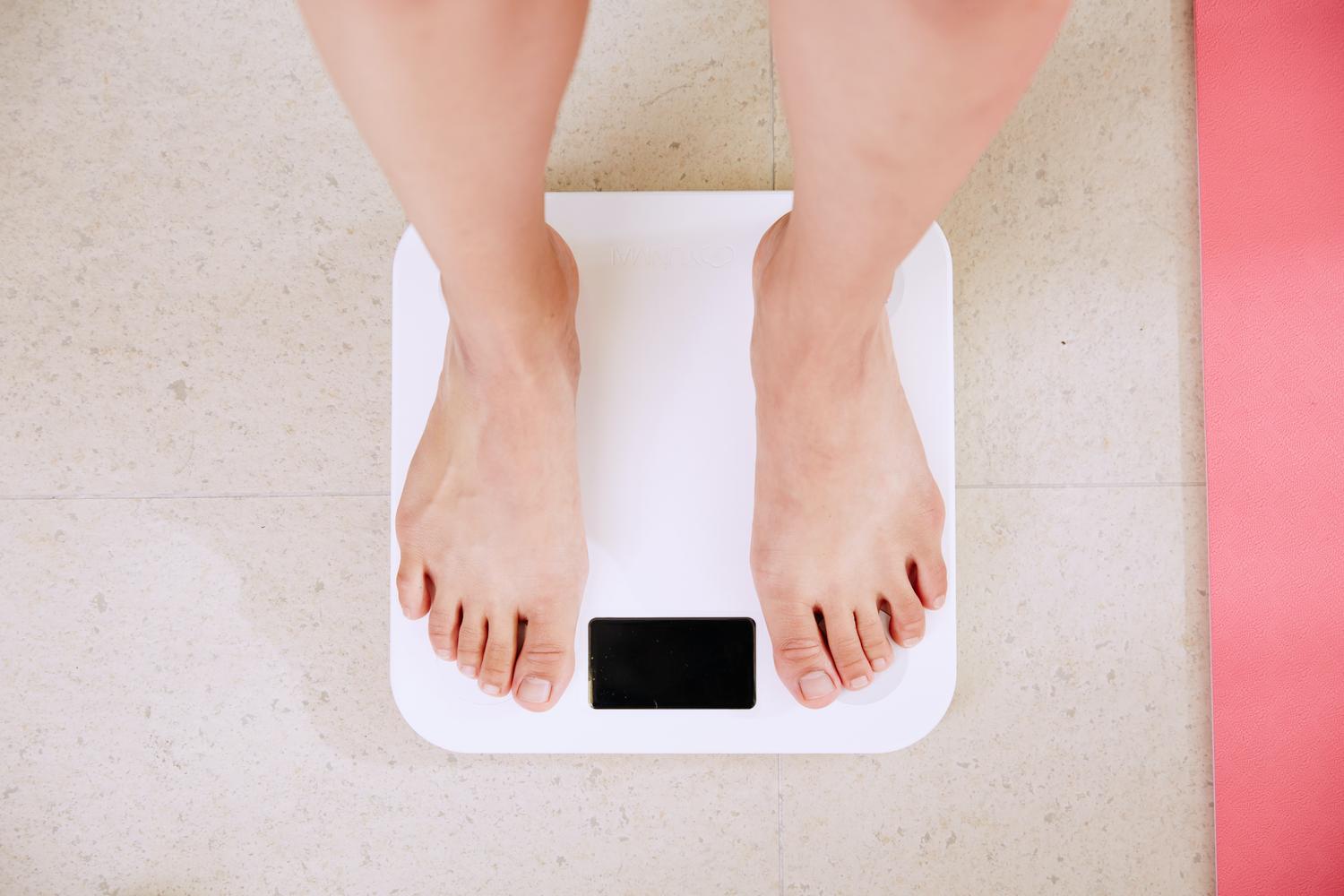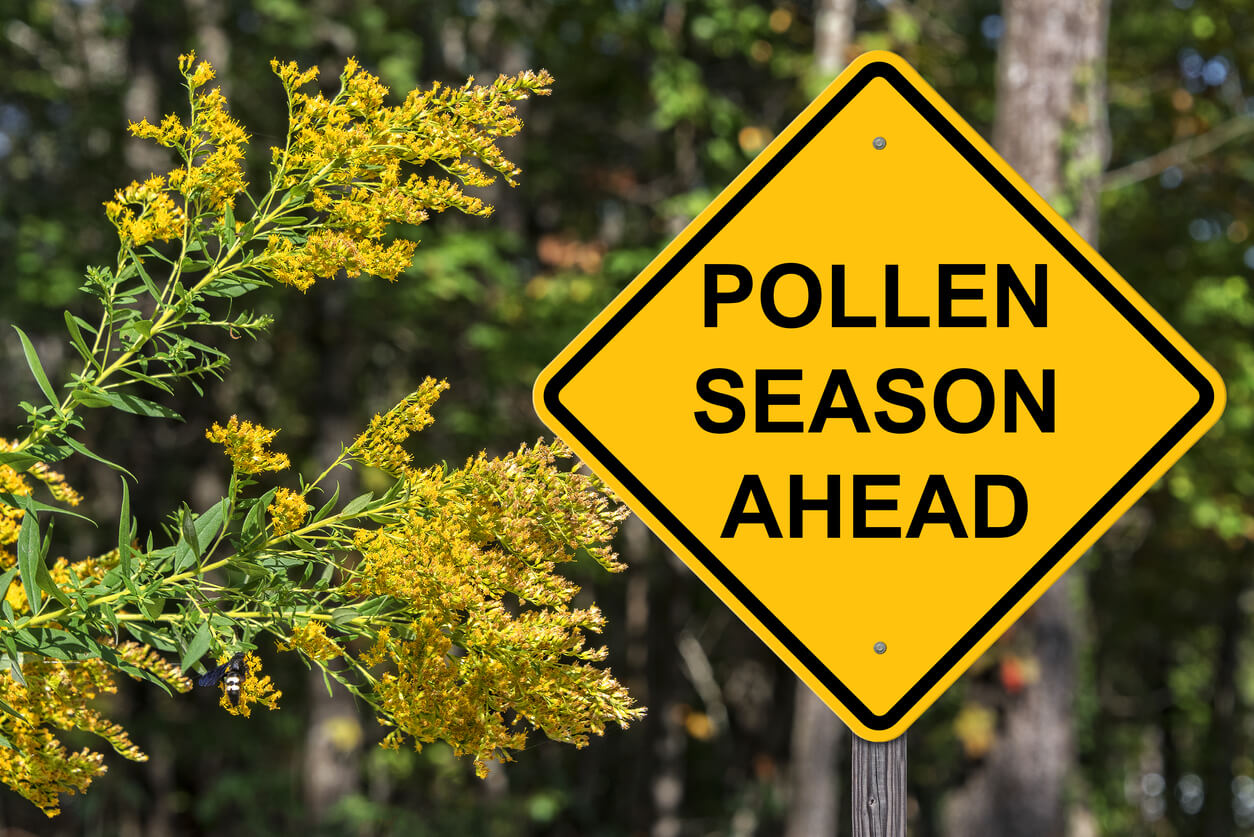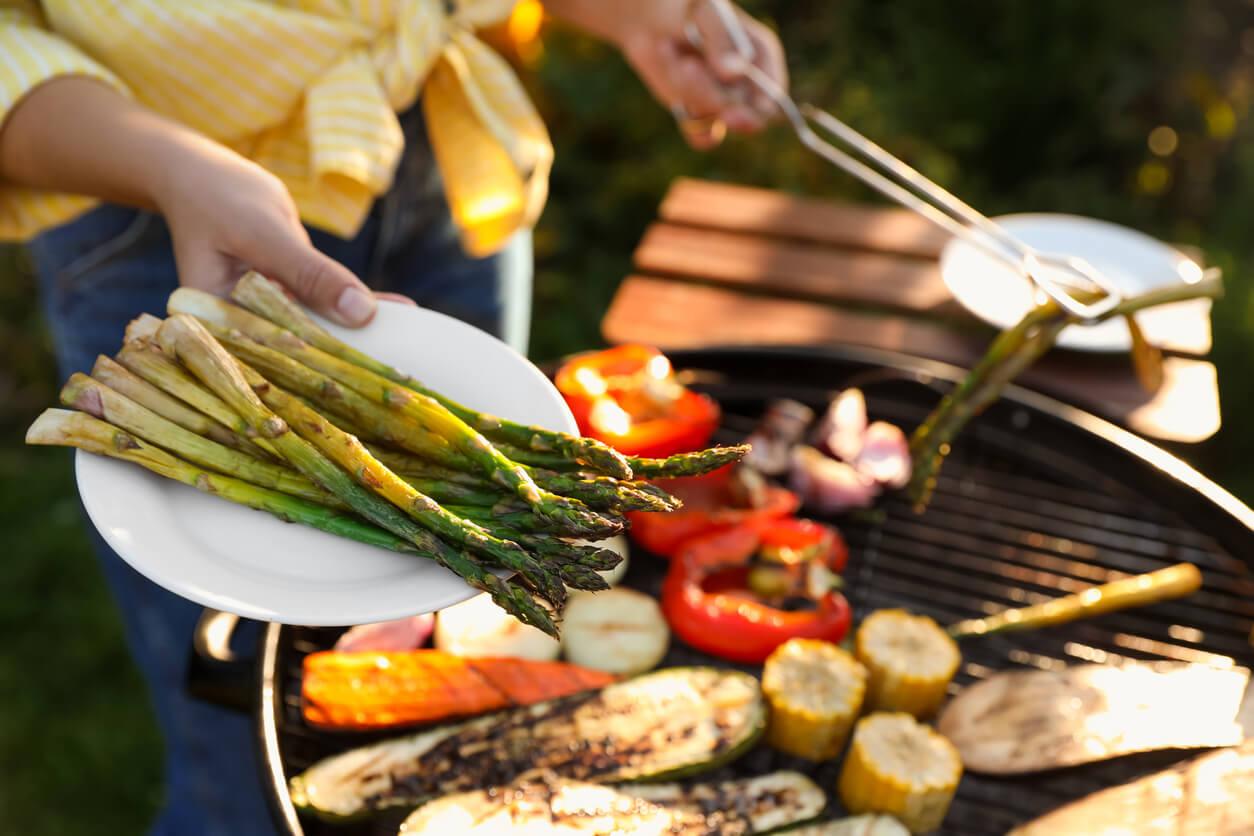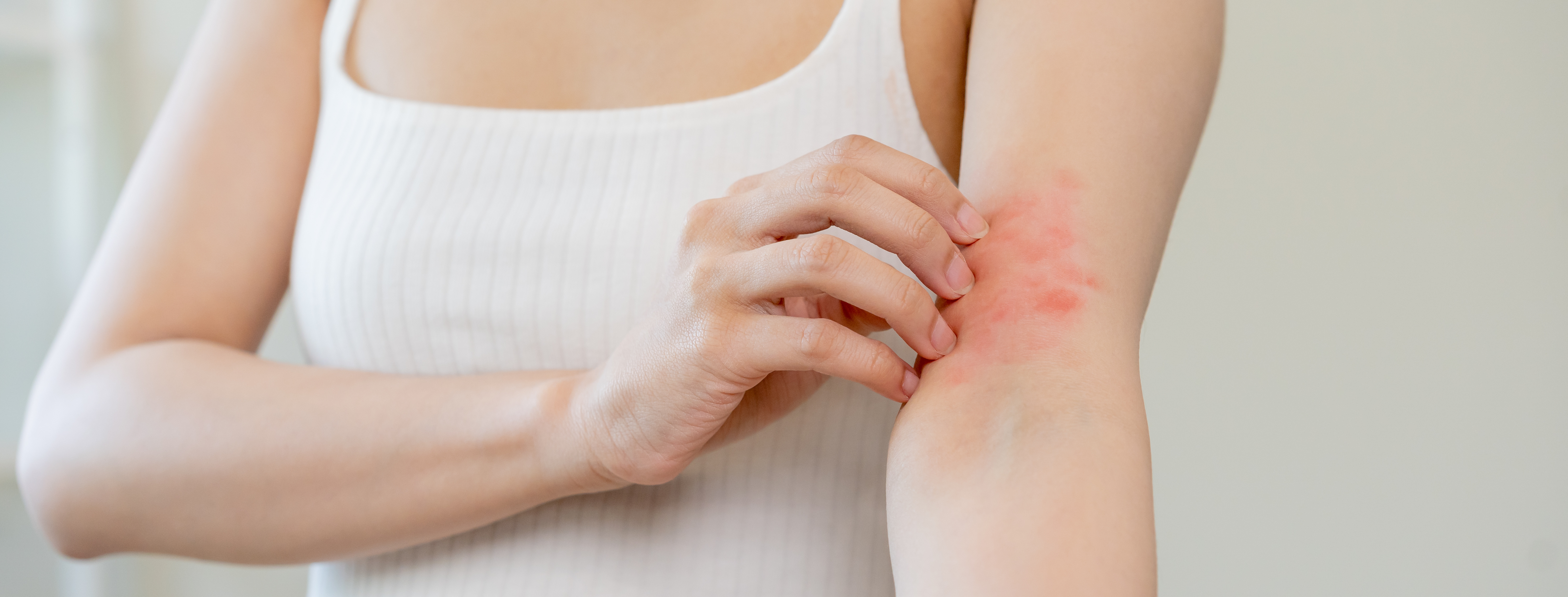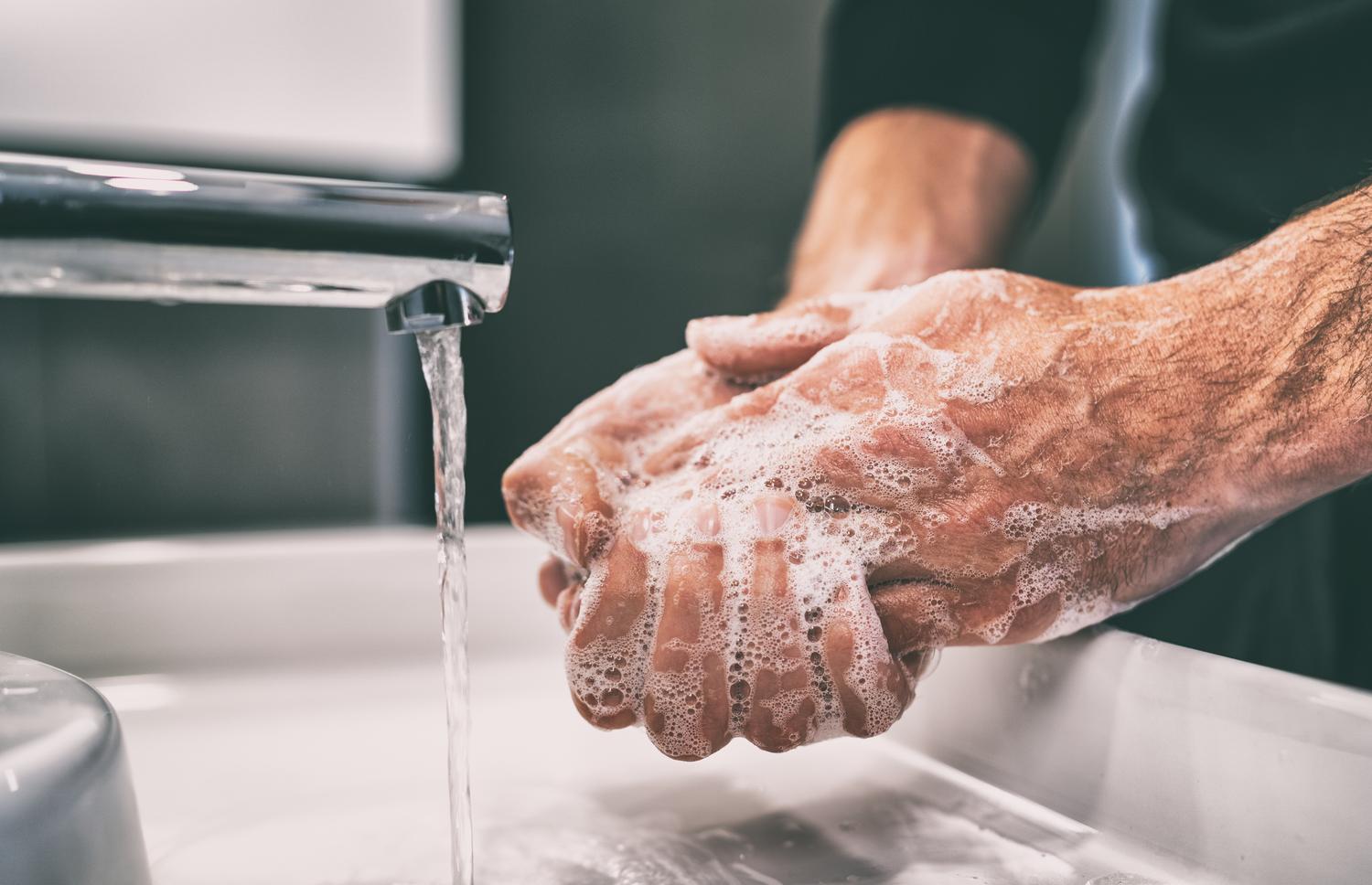Winter Safety Tips
How to stay healthy, safe and warm during the winter season
Walking in a winter wonderland isn’t always all that it’s cracked up to be. As the temperature drops, everyday activities like walking, driving and household chores suddenly become a little more difficult and dangerous. Winter weather kills about twice the amount of American adults as summer weather does. To help you stay warm and safe this winter, we put together a quick list of cold weather safety precautions you should use when going outside.
Walking
If you’re walking in cold temperatures, we recommend factoring in a little added time for any travel. Walking slowly while taking smaller steps can help prevent the slips and falls that injure thousands of Americans during the winter months every year.
Common orthopedic injuries caused by icy walkways include:
- Broken wrists and ankles
- Back injuries
- Sprains
- Concussions
You should take a lesson from animals that know a thing or two about winter weather conditions and “walk like a penguin”. This means walking with flat feet in a wide stance, shuffling your feet in small steps, while using your arms for balance. When available, use handrails to give yourself added support. Avoid using your cellphone or other distractions while you are walking outside in the winter.
If you have a walkway or driveway near your home, sprinkle salt, kitty litter or sand on icy areas to improve grip and traction.
Driving
You should get your tires checked before the winter season to ensure that they have proper tread. This can help prevent slides and accidents. If you’re doing some winter driving, avoid using cruise control, while accelerating and decelerating slowly.
In addition, you should have your radiator and antifreeze levels checked before the winter season. Do what you can to keep a full gas tank in your car, as this helps prevent ice in the tank.
Leave plenty of time to drive slowly and safely to where you’re trying to get to. Wait for any winter storms to pass before going out on the road, and if the weather is affecting road conditions as you’re on the road, pull over to a safe place and wait until it clears up.
Keep an emergency kit in your car. This might include extra batteries, a first aid kit, extra warm clothing, sleeping bags and battery-powered devices like a flashlight. Keep an extra phone charger with you during the winter months, and keep friends and family informed as to your whereabouts before you leave the house.
If the road near your home is under a cover of snow, wait until snow removal services (like city plows) come by to clear a path before you attempt to leave the house. If you have a driveway or walkway that requires shoveling, wait until any adverse conditions (like heavy snow or sleet) dissipate before going outside.
Stretch
If you do have to go outside to shovel, we recommend that you do a little bit of stretching beforehand. Thousands of people are injured by shoveling every year; most commonly low back injuries in adult men. Take a few minutes to warm up and get your joints loose before the exertion of snow shoveling.
When shoveling, do not attempt to move too much snow at once. Fill up your shovel halfway, and lift with your legs rather than your back. If you begin to feel chest tightness or shortness of breath while shoveling, stop at once. These are early warning signs of a heart attack, and may require medical attention.
Bundle up
Frostbite and hypothermia caused by extreme cold are common winter emergencies. It’s important that you wear appropriate clothing before going outside. That means waterproof boots and shoes with rubber, slip-resistant soles. Wear layers of warm clothing with hats, scarves and mittens to maintain body heat while outside.
Prevent carbon monoxide poisoning
Nearly 100,000 people visit the emergency room every year due to carbon monoxide poisoning. Carbon monoxide is produced by the exhaust pipe of cars, furnaces, gas stove ranges and burning wood.
CO poisoning commonly causes flu-like symptoms like headache, vomiting, slurred speech, dizziness, weakness, and chest pain.
Install a battery-operated carbon monoxide detector in your home to alert you of potentially dangerous gas levels. Check the battery often to ensure that it is in working order. You should also have all heating systems in your home checked by a professional to ensure that they are clean and properly ventilated to the outside.
Enjoying the winter just requires some preparation. Bundle up, move slowly, and make sure that you are properly equipped for snowy weather. Use the tips above to keep you and your family safe and warm this winter.


